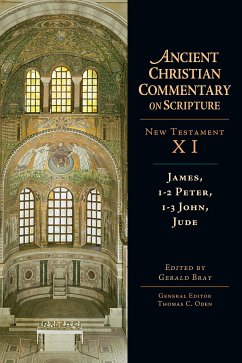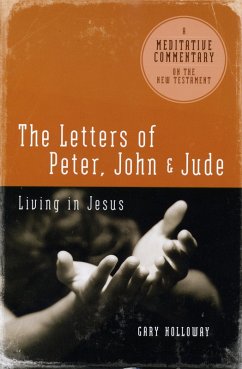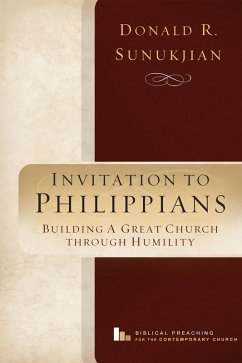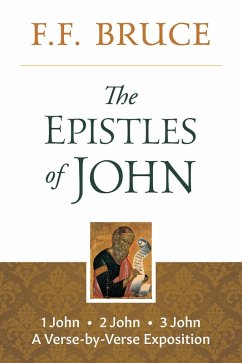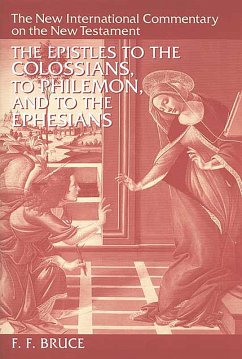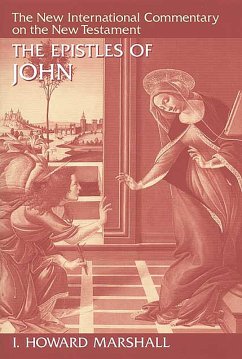
Reading the Epistles of James, Peter, John & Jude as Scripture (eBook, ePUB)
Sofort per Download lieferbar
26,95 €
inkl. MwSt.

PAYBACK Punkte
13 °P sammeln!
Through a detailed examination of the historical shaping and final canonical shape of seven oft-neglected New Testament letters, Reading the Epistles of James, Peter, John, and Jude as Scripture introduces readers to the historical, literary, and theological integrity of this indispensable apostolic witness.While most scholars today interpret biblical texts in terms of their individual historical points of composition, David Nienhuis and Robert Wall argue that a theological approach to this part of Scripture is better served by attending to these texts' historical point of canonization -- thos...
Through a detailed examination of the historical shaping and final canonical shape of seven oft-neglected New Testament letters, Reading the Epistles of James, Peter, John, and Jude as Scripture introduces readers to the historical, literary, and theological integrity of this indispensable apostolic witness.While most scholars today interpret biblical texts in terms of their individual historical points of composition, David Nienhuis and Robert Wall argue that a theological approach to this part of Scripture is better served by attending to these texts' historical point of canonization -- those key moments in the ancient church's life when apostolic writings were grouped together to maximize the Spirit's communication of the apostolic rule of faith to believers everywhere.Reading the Epistles of James, Peter, John, and Jude as Scripture is the only treatment of the Catholic Epistles that approaches these seven letters as an intentionally designed and theologically coherent canonical collection.




